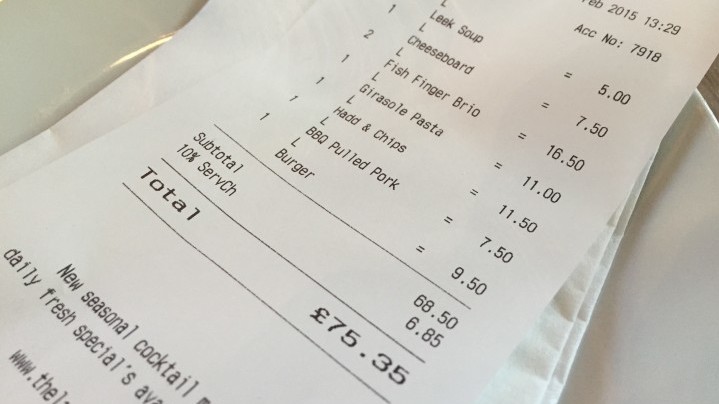Unlike the famous Nine Circles of Hell by Dante, the Talk Talk customer experience hell only has seven levels. But they are a living nightmare and I’m struggling to find my way out.
You might remember back in the summer I wrote how I was leaving Talk Talk when they put their prices up. Well, we ended up staying in order to keep the YouView box which had programmes we’d recorded we still hadn’t got around to watching (and still haven’t in some cases!).
I really wish we hadn’t.
And it’s not because of the data hacking (though that doesn’t inspire confidence).
Instead it’s the all-round appalling quality of the product and customer service. I’ve spent at least four hours this week on the phone and webchat with them to try and sort some problems, and I’m not getting anywhere!
Here are the horrors I’ve faced this week dealing with Talk Talk and their customer service.
Talk Talk Hell Level 1: Never ending frustration
Since day one we’ve had issues. To Talk Talk’s credit they’ve normally been pretty good at trying to fix the issue, and compensating me when they ultimately couldn’t.
But the latest trio of issues are the last straw. We’re paying for a service which doesn’t live up to the initial promises and it’s not good enough.
Talk Talk Hell Level 2: Talking to yourself
It feels like there’s a script the generic customer service agents have to follow, and in turn it feels like they aren’t actually listening to what you say.
They don’t seem to be able to deviate from the processes laid out in front of them. There’s no ability to use common sense or respond to what I’m actually asking.
Talk Talk Hell Level 3: Stuck on repeat
It’s like Groundhog Day. I have the same conversation each time I speak to them.
Each one starts with me explaining the problems and ends with the very same outcome – the promise of another phone call – which starts the cycle again.
Talk Talk Hell Level 4: No solutions
Of the seven people I’ve spoken to this week, not one actually tried to fix the problems I report. No solution suggested. No request to try this, or attempt that. Nothing.
They say it’s because they can only deal with problems happening now (ours are intermittent), yet there’s an inability, perhaps unwillingness, to offer any practical help.
Talk Talk Hell Level 5: Hitting a brick wall
At one point I managed to get transferred to a woman who could have a two way conversation. This time she didn’t just follow the script.
Unfortunately she was rude, accused me of lying, obstructive, patronising and spoke over me
I tried to get her to reason. I appealed to her good nature. No matter what I said, there was no way past. Ultimately she was the equivalent of a huge immovable brick wall.
It was possibly the worst customer service experience I’ve ever had.
Talk Talk Hell Level 6: Despair
After the most recent call, all I could see in front of me was a never ending cycle of never actually having anything happen.
It’s so frustrating that I was very nearly tempted to just pay the £130 exit fee. I wouldn’t be surprised if that’s their whole intention.
Talk Talk Hell Level 7: Limbo
This is where I currently am. Talk Talk won’t try to fix anything unless the problem is happening when we speak. They won’t send an engineer without a charge of £65 until they’ve tried to fix it over the phone. But the issues are intermittent, and sometimes brief. It feels like it’s never going to get fixed.
As I see it I’m faced with three choices:
- Trying to cope with a service that doesn’t deliver.
- Paying the exit fee and taking the financial loss.
- Make an official complaint and see where that gets me.
The first isn’t good enough. The second doesn’t sit well with me. So I’m going to go with the latter. Wish me luck.




